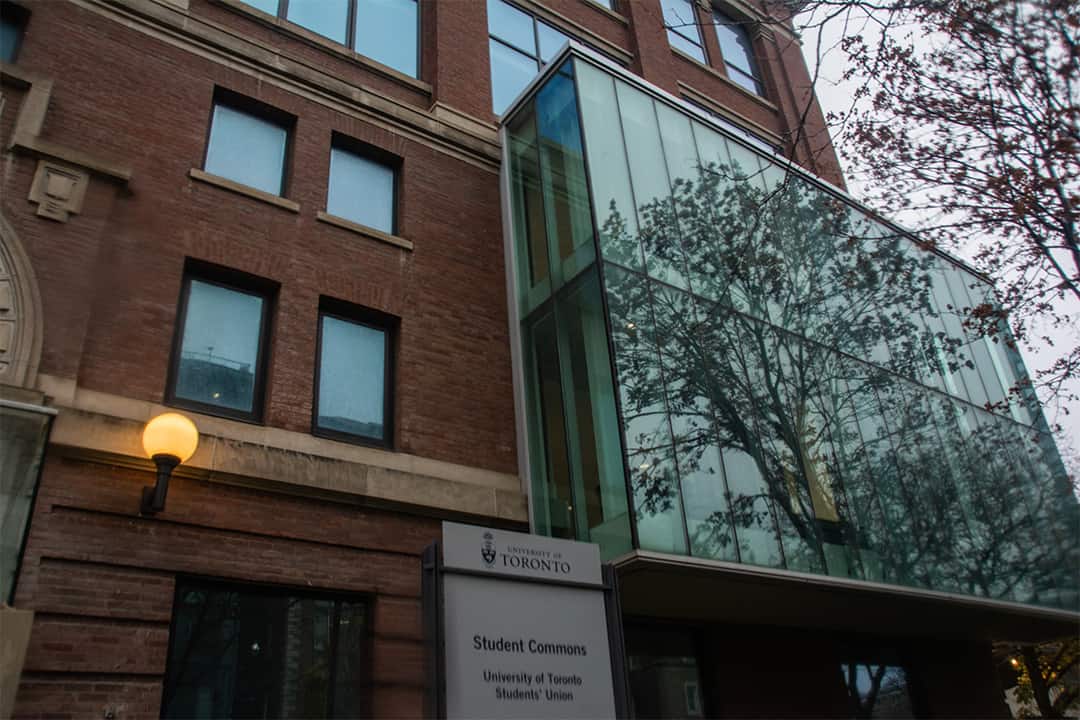U of T’s Complaint and Resolution Council for Student Societies (CRCSS) is designed for complaints about student organizations that cannot be resolved at the student society level. I believe this process is not conducive to student democracy.
Legitimacy issues
U of T’s Policy on Open, Accessible and Democratic Autonomous Student Organizations states, “The CRCSS Chair will be a University of Toronto faculty, staff or alumni member appointed by the University Affairs Board on the recommendation of the University Affairs Board Striking Committee with experience in dispute resolution.”
In my view, this criterion for appointing the CRCSS Chair violates student democracy — the Chair is not a student, is not chosen by students, and yet has a vote on CRCSS Panels. The amount of experience in dispute resolution needed for the position is also very vague.
Furthermore, the policy states that the four “CRCSS Panel student members will be drawn from a pool of students consisting of an appointee from each Student Society,” and that “The Chair will select the students for each Panel.” This is not only problematic because of how the CRCSS Chair is selected, but also because it allows the opportunity for students to make decisions regarding U of T student organizations that they have no jurisdiction over — such as undergraduate students having power over how graduate student union affairs are conducted.
How long should it take?
While the policy states that complaints shall be considered by the CRCSS Panel in a timely manner, there is no specified timeframe. While summaries of past CRCSS decisions are posted online, the length of time it took from the submission of each complaint to the CRCSS’ decision is not provided. This ambiguity is problematic because some types of complaints, such as election complaints, require quick turnarounds due to the short duration of elections.
For example, a UTSU general election must occur between February 1 and March 31 of each year. I believe it would be beneficial to both the Student Organization and the complainant for the CRCSS to be required to make decisions regarding elections within the same semester, before the end of the elections, to help ensure that any necessary disqualifications, reinstatements, or other changes can be made before the beginning of the next elected term.
No anonymity
If there are extreme cases where student democracy has failed and students want to appeal a decision to the CRCSS, there is no option for anonymous disclosure. Since CRCSS rulings can have serious financial implications for student organizations, those in power in a student organization are likely not going to be happy with the complainant. This dynamic could thus expose the complainant to risk of reprisal from those they are complaining about.
In 2017, there were threats made against students that spoke out against the failed electoral system within the Durham College student association. This goes to show how toxic student government disputes can become. If a similar situation ever happens in a student organization at U of T, could the CRCSS process ensure that filing a CRCSS complaint does not risk exposing a student to violence? While Student Code of Conduct complaints may be an option to resolve issues between students, they are not anonymous either and cannot be used for issues with nonstudents involved in student organization spaces.
Solutions
Given the issues regarding legitimacy, unclear timeframes, and the lack of an anonymous disclosure process, in addition to previous opposition from students, the CRCSS should either be dismantled or substantially reformed.
There are multiple ways that the CRCSS process can be improved to provide greater respect for the legitimacy of student democracy while empowering students to challenge perceived injustices within student organizations.
Instead of a university-run council, appeal processes can be created with provincial, national, and international student governments that are put in place through student democracy. Since these student governments would also democratically represent U of T students, the appeal bodies would have appropriate jurisdiction.
A process could also be established that allows students and student organizations to apply for funding from the university for legal action regarding alleged student organization injustice. This would help ensure a high level of fairness by involving courts and related legal processes, removing the onus from university bodies to make rulings, and alleviating socioeconomic barriers that students and student organizations may face that prevent them from being able to take legal action.
The CRCSS process could be better codified with clear criteria justifying certain rulings, such as recommending the withholding of Student Organization fees. There should be clear deadlines for when the CRCSS should make a decision. Full details of CRCSS complaints and decisions, or at least as much as possible, should be made publicly available online instead of just summaries.
At the very least, an anonymous disclosure process should be created to protect complainant identities so they do not risk reprisal for speaking out.
Justin Patrick is a third-year PhD student in educational leadership and policy at the Ontario Institute for Studies in Education. He serves as the President of the Global Student Government and was the UTGSU External Commissioner from 2021-2022


